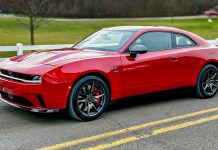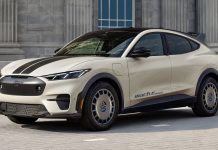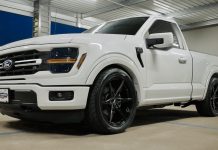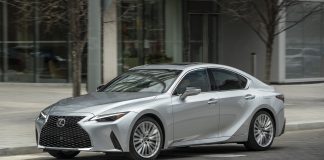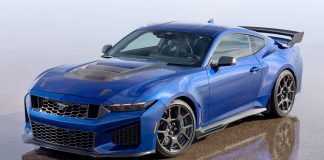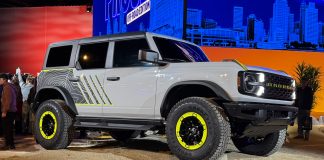Tesla, one of the most prominent electric vehicle (EV) manufacturers, might not qualify for California’s proposed EV tax credit program, according to a statement from Governor Gavin Newsom’s office. The announcement comes as speculation mounts over the future of federal EV subsidies under President-elect Donald Trump’s administration.
Federal and State EV Incentive Changes in Focus –

The potential exclusion stems from a proposal tied to the reinstatement of California’s Clean Vehicle Rebate Program. This program, which ended in 2023, previously allocated $1.49 billion to support over 594,000 plug-in hybrid, battery-electric, and fuel cell vehicles. Governor Newsom has hinted at revamping the program if the federal $7,500 EV tax credit is eliminated, a possibility raised by Reuters earlier this month.
Tesla CEO Elon Musk, who has expressed support for eliminating EV subsidies altogether, criticized the idea of Tesla’s exclusion, stating on X (formerly Twitter): “Even though Tesla is the only company who manufactures their EVs in California! This is insane.”
Newsom’s office clarified the proposal’s intent to foster competition and support new market entrants but noted: “The governor’s proposal for ZEV rebates, and any potential market cap, is subject to negotiation with the legislature.”
Financial and Legislative Challenges –

California faces a $2 billion budget deficit, which could complicate the funding of a new rebate program. EVs already make up 22% of the state’s auto sales, totaling 293,000 vehicles through September 30, 2024. The program may tap into the Greenhouse Gas Reduction Fund, supported by polluters under the state’s cap-and-trade system, to cover costs.
It’s unclear if the new state rebate would align with federal incentives, such as the $4,000 tax credit for used EVs, or adopt similar restrictions based on income and vehicle price.
Musk and Newsom’s Tense History –

The relationship between Musk and Newsom has been strained, with disagreements over state policies including pandemic-era shutdowns of Tesla’s Fremont factory and California’s stance on social issues. Tesla notably moved its headquarters to Texas in 2021, and Musk has indicated that his other ventures, including SpaceX and X, may follow suit.
California’s Leadership in EV Adoption –

Despite the challenges, California remains a leader in EV adoption, recently surpassing two million zero-emission vehicle sales, doubling its total since 2022. The state’s aggressive 2035 deadline to end sales of gasoline-only vehicles is expected to play a key role in shaping the national auto market.
While the exclusion of Tesla from California’s proposed tax credits remains hypothetical, the debate underscores the complex interplay between state and federal policies in the evolving EV landscape.


